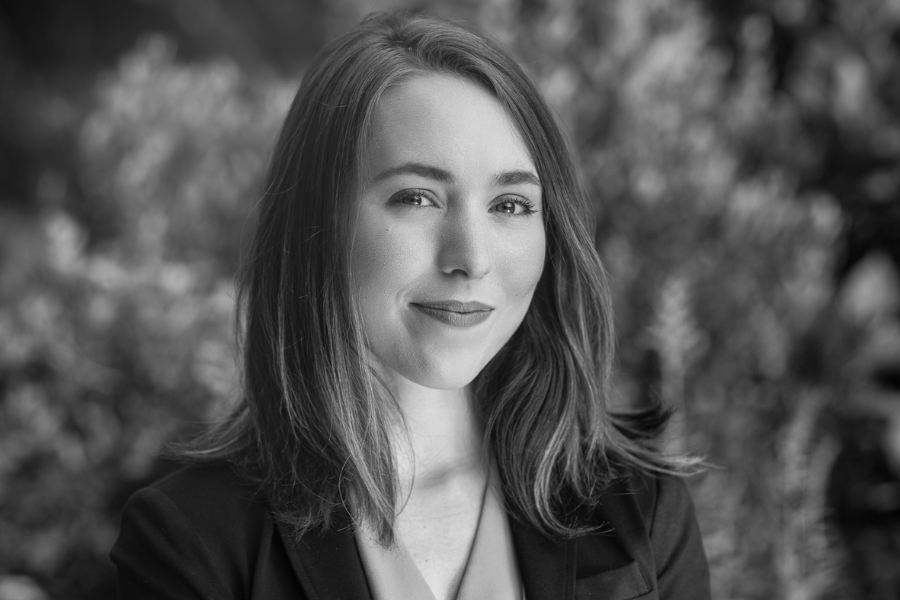Molly Reid

”Deepens expertise. Increases opportunities. Empowers change.”
College: Music
Degree Program: Music Theory and Piano Performance
Degree: Doctoral (Ph.D. and DM)
Award: P.E.O. Scholar Award (2024)
What motivated you to pursue a graduate degree and why did you choose FSU?
In the process of applying to doctoral programs in piano performance, I set up trial lessons with professors at many different conservatories and universities across the U.S. and Canada. I knew I wanted to attend FSU after my trial lesson with Dr. Heidi Louise Williams. It was by far the most helpful of all of my trial lessons. Dr. Williams's pianistic expertise was immediately apparent through her attention to both musical and technical details, and she also stood out as a talented and dedicated teacher. It's rare to find a piano professor who is equally skilled as both performing artist and teacher. After I auditioned for the DM in piano performance at FSU, I auditioned for the music theory teaching assistantship to help fund my studies. When I met with FSU's incredible music theory faculty through that process, I realized that I also wanted to deepen my expertise as a music theorist at FSU. As I already held an MM in music theory, I decided to apply for FSU's PhD in music theory. When I was accepted to both programs (DM in piano performance and the PhD in music theory) with a teaching assistantship and fellowship, I was elated to have an opportunity to pursue two doctorates with the world-class faculty of FSU's College of Music.
Importance and/or impact of research and work
In my two disciplines of piano performance and music theory, I explore both well-known and understudied composers and their music through my performances, research, and teaching. In addition to helping redefine the musical 'canon,' I aim to expand what counts as music theory. In traditional, score-based music theory, the musical notation is treated as the primary object of analysis. In my analyses of piano works by Luise Adolpha Le Beau, for example, I combine recent approaches based on gestural-kinesthetic music analysis, embodied knowledge resulting from my own playing, score-based structural analysis, and written excerpts from Le Beau’s autobiography to argue that she used her compositions to demand space for herself—both physically and figuratively—in a male-dominated musical world.
Career aspirations
I would love to perform often, write/publish, and teach at the university level. What exact shape that all takes is anyone's guess.
Advice for anyone considering graduate school
It's hard, but it's an unmatched opportunity to focus on learning as much as you can from the professors and students around you. You have nothing to prove, and everything to give.
Accomplishments during graduate career
In 2022, I won first prize FSU's Annual Competitive Festival for pianists. Later that year, I won the best student paper award at the national music theory Pedagogy into Practice conference, which led to my first publication in the Journal of Music Theory Pedagogy. In 2024, I was awarded a P.E.O. Scholar Award
